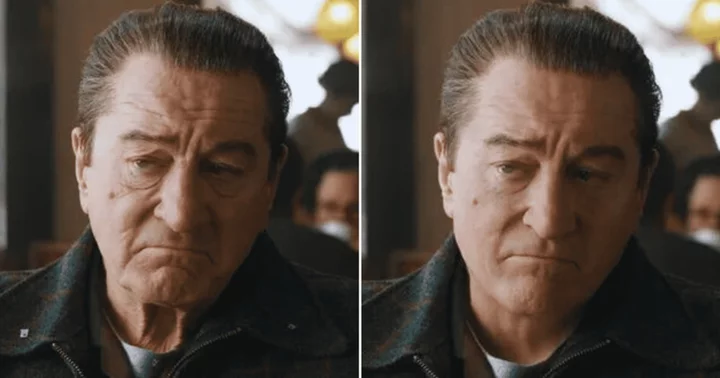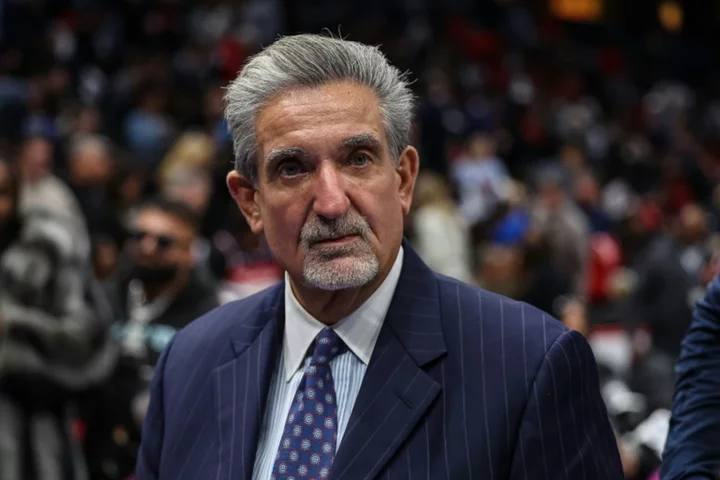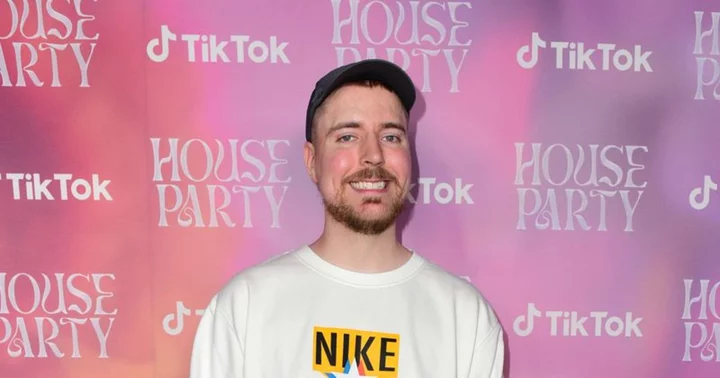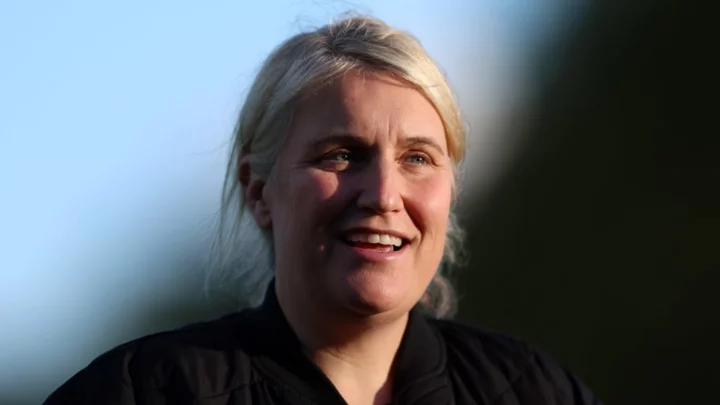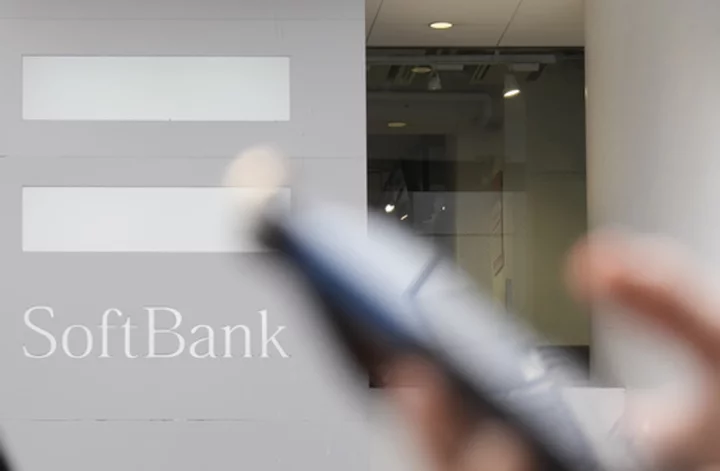LOS ANGELES, CALIFORNIA: The ongoing strike led by the Screen Actors Guild-American Federation of Television and Radio Artists (SAG-AFTRA) has taken an interesting turn as the guild alleged during a recent press conference that they had rejected a deal from the Alliance of Motion Picture and Television Producers. According to SAG-AFTRA, the deal would have required background actors in major productions to undergo digital scanning after being hired, even if it was just for one day of work.
Why are actors against using AI?
Sources told Collider that studios had already been utilizing this technology for several years, including major productions from Warner Bros. Discovery, Marvel Studios and Netflix. Notable titles such as 'Captain America: Brave New World' and Netflix's 'The Residence' have allegedly employed digital scanning on background actors. Some of these background actors have even claimed that they were not given the option to refuse the scanning process, as it was made a condition of their hiring.
Digital performances have become a controversial topic in recent times, as they enable the resurrection of deceased actors without their direct consent. A recent example is the portrayal of Christopher Reeve's version of Superman in 'The Flash', despite the actor having died years before the film entered production. While digital performances have been used to make actors appear younger, the creation of digital performances from scratch using scans of deceased individuals and background actors in minor roles raised a whole new set of ethical concerns.
Unions united in the fight
The undisclosed use of a vast database of digitally-scanned faces is just one of the many reasons why both SAG-AFTRA and the Writers Guild of America (WGA) were currently on strike together, making this a historic moment for the Hollywood industry. The demands of both unions center around fair compensation for the individuals behind the movies and TV series that entertain the world. It remains to be seen how long the studios are willing to persist before recognizing that the guilds' requests were not only reasonable but also necessary for the industry's progression into the digital media era.
Addressing the core issues in the negotiations, SAG-AFTRA highlighted both streaming and artificial intelligence (AI) in a message to its members. “As you know, over the past decade, your compensation has been severely eroded by the rise of the streaming ecosystem,” the union said in a statement, adding, “Furthermore, artificial intelligence poses an existential threat to creative professions, and all actors and performers deserve contract language that protects them from having their identity and talent exploited without consent and pay. Despite our team’s dedication to advocating on your behalf, the AMPTP has refused to acknowledge that enormous shifts in the industry and economy have had a detrimental impact on those who perform labor for the studios.”
Production pauses and industry concerns
The ongoing strike has already led to multiple productions pausing production, including the highly anticipated final season of 'Stranger Things' and 'Tron: Ares'. However, the potential delay of upcoming movies and TV shows was just one of the industry's concerns at the moment. If the deal between SAG-AFTRA and the studios had been accepted, performers' faces could have been digitally scanned without their consent or compensation for use in future productions. Actors and writers remain steadfast in their fight for their rights as the double strike enters its first day Friday morning, July 14.

